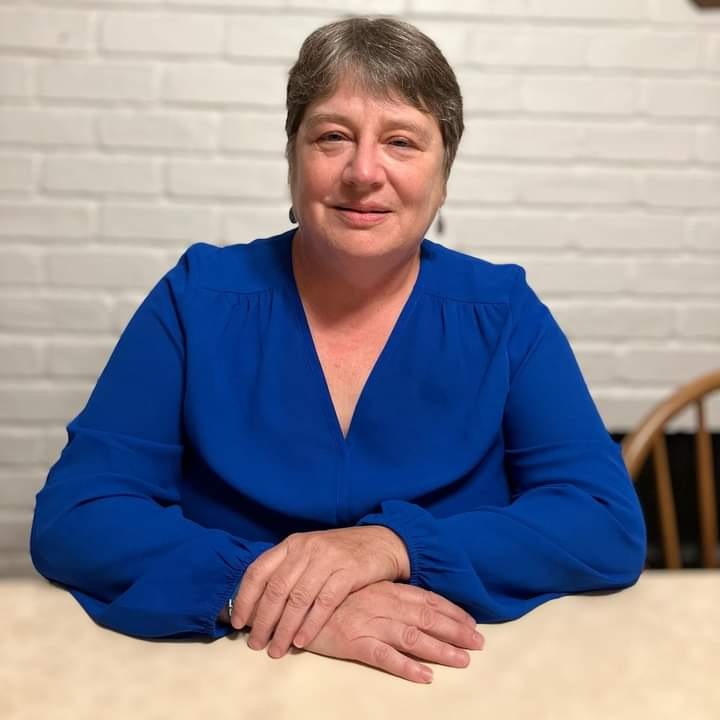
Self-described sustainability geek Nick Gumia decided to take on one of the world’s biggest pollutants, single-use plastics.
He attended a conference on sustainable packaging seven years ago and learned about reusable containers. Gumia owned a business that sold cleaning concentrates, among other products, so he decided to develop a system for people to create a variety of cleaners in their own homes using concentrates and then store them in reusable containers.
The product line Gumia created, Cleanyst, allows consumers to produce 10 different home and personal cleaning products. He even took it a step further, by developing plant-based ingredients. Users combine water and concentrate in a mixer to create the cleaning product of their choice. Besides using renewable ingredients, Gumia’s goals were to reduce waste from single-use plastics and minimize carbon emissions.
“We wanted to develop a system that could unlock the full potential for concentrates,” Gumia said. His family owns a distribution business that supplies packaging, raw materials and chemicals to manufacturers. “We’ve sold concentrates for dishwashers or surface cleaners, so I knew concentrates very well.”
Creating organic concentrates that were effective and sustainable required a substantial amount of research and development. “That was a challenge,” according to Gumia. “We had to get comfortable with plant-based formulas. I wanted to focus on the greenest chemistry I could.” The company also has done clinical testing on all its products that come into contact with skin.
The only waste in the Cleanyst process is the pouch containing the concentrates, made from 6.5 grams of bio-based plastic derived from sugar cane. “We pay to take back and recycle the pouches,” said Gumia. “If a customer participates, we close the loop on plastic waste.” Cleanyst sells the pouches to TerraCycle, a recycling company. “It’s likely we’ll be doing some other type of recycling based on conversations with TerraCycle,” Gumia added.
Cleanyst’s plastic containers are designed to last three years, although that is only an estimate, according to Gumia. “Some have a pump or sprayer, and those are components that need to be replaced sooner.”
Any effort to reduce the deluge of single-use plastics that are polluting oceans and piling up in landfills is critical. Nearly 300 million tons of plastic waste are generated yearly, and the amount is increasing by 9 percent annually. About half of all plastics produced each year are for single-use.
Cleanyst is looking to up its sustainability game by developing concentrate pouches that can be easily recycled. “One of the aspects we’ve always not been thrilled about is that our pouches can’t be recycled curbside,” Gumia noted. “We’ve been looking at different ways to achieve that. If we had a dry product, it would be easier to design a compostable pouch.” The company also is looking at ways to streamline the mixing machine to ensure it has the smallest environmental footprint.
Most of Cleanyst’s customers so far have been individuals, many in the 25 to 45 age range, he said. “These are consumers who care about the chemicals they use to take care of their bodies and homes and their plastic footprint.” The company is trying to expand to other demographics, as well as businesses, such as salons, cleaning services and vacation properties.
One way to do that is through personalizing products. Cleanyst offers botanical oils and eight different extracts, so users can make custom scents, adding to the fact that they are doing their part to reduce their consumption of single-use plastics.
“We are very keen on releasing more high-end products,” said Gumia. “The more products we have, the more we can justify having a product in your home. “We have to take it one product at a time; we have to balance all the different products out there.”
Image credit: Cleanyst

Ellen R. Delisio is a writer who lives in Long Island, NY. Over the past 30 years, her writing has focused on life science, sustainability, education issues and electric vehicles. Ellen is an avid reader and beach-goer.














